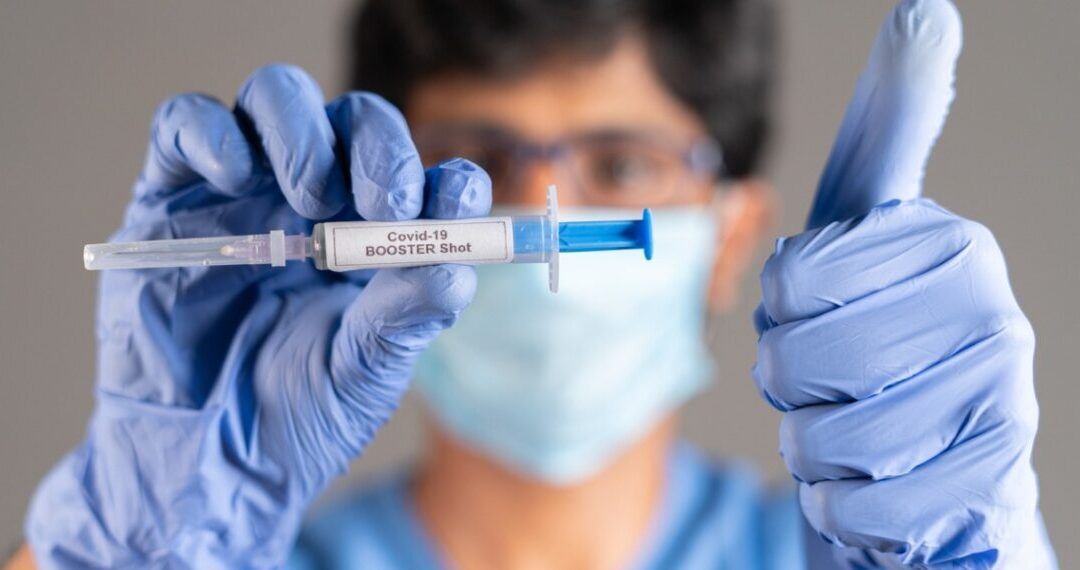Fungal Sepsis
What is Fungal Sepsis?
If still an infection occurs, the immune system tries to fight it. However, there are times when the immune system stops fighting foreign invaders and become one. The condition is called sepsis, which when caused by a fungal infection is called fungal sepsis.
Causes of fungal sepsis
Fungal sepsis is caused by a fungal infection. The other reasons for contracting sepsis involves:
- Pneumonia
- Bloodstream infection
- Abdominal infection
- Kidney infection
People who are at higher risk of sepsis are older adults, newborns and kids. If you have a weakened immune system, you may contract sepsis easily due to an infection.
Symptoms of fungal sepsis
Sepsis, if not treated on time, can be a life-threatening condition. It progresses into more severe stages, such as severe sepsis and septic shock. Severe sepsis is a result of organ failure, and septic shock occurs when a person with sepsis has low blood pressure.
Here are the major symptoms of all three stages of sepsis:
- High fever
- Higher breathing rate (20 breaths/minute)
- Heart palpitations (90 beats/min)
- Confirmed infection
- Decreased urination
- Changes in mental ability
- Abnormal heart functions
- Abnormal heart functions
- Unconsciousness
- Patches of discolored skin
- Low platelet count
- Breathing issues
- Extreme weakness
- Chills due to low body temperature
When to see a doctor
If you notice any of the symptoms of sepsis, you should get an appointment with a doctor. The doctor will carry out a few blood tests to check for complications like clotting issues, infection, decreased oxygen amount, abnormal kidney or liver function, electrolytes, etc.
Depending on the symptoms and the blood test reports, the medical professionals may further conduct tests like a wound secretion test, a mucus secretion test or a urine test. In a complex case of sepsis, imaging tests like CT scans, X-rays, MRI scans, and ultrasounds may also be suggested.
Book an appointment with Dr Rao to get a detailed diagnosis of your symptoms.
Staying healthy
Doctor’s guide
Yashoda Hospitals Somajiguda
Rajbhavan Road, Somajiguda, Matha Nagar, Hyderabad, Telangana.
500082
Mallela Clinic
Mallela Clinic, Street No 4, Vijay Nagar Colony, Hyderabad, Telangana.
500057
P: +91 9908 600 004
M: drmvraomallela@gmail.com
Copyright © 2021, Drmvrao. All rights reserved.



